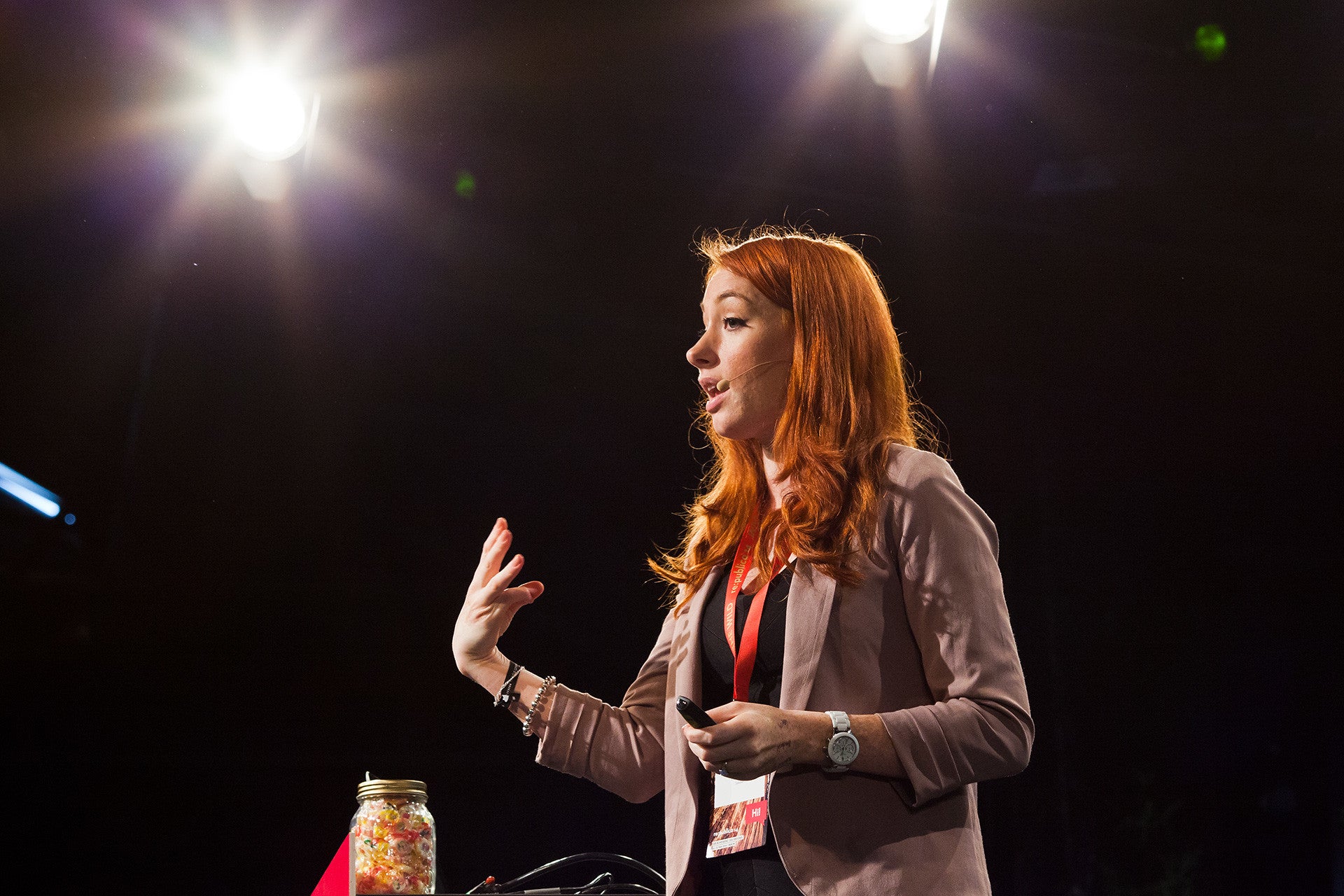
Mathematician Hannah Fry believes that the UK should have handled the Covid-19 pandemic “easily” through the better use of data.
During a keynote speech at Big Data LDN, a virtual conference, the author and University College London associate professor highlighted areas of the response that could have been approached differently and said the UK drew too heavily on early data from Wuhan.

Access deeper industry intelligence
Experience unmatched clarity with a single platform that combines unique data, AI, and human expertise.
“This should’ve been easy. We have some of the best scientists in the world, we have some of the best data from projects like this on how we come into contact with people,” said Fry.
“We should’ve handled this pandemic easily but my take really on what happened earlier this year is ultimately we were relying a bit too heavily on the ideas that we’d built up about how influenza works rather than about coronaviruses.
“We were relying a bit too heavily on early data from Wuhan rather than continually updating our understanding as it evolved and I think collectively the UK wasn’t really looking at and questioning the assumptions in their models enough. I think ultimately we were just not applying really enough doubt.”
Social experiment gave pandemic warning
Fry has presented several television programmes and regularly appears on BBC Radio Four. One such programme was Contagion! The BBC Four Pandemic, a 2017 experiment that simulated the spread of an influenza pandemic in the UK. This included the creation of an app that was used to map how the fictional pandemic could spread through gathering data on how individuals move and interact.

US Tariffs are shifting - will you react or anticipate?
Don’t let policy changes catch you off guard. Stay proactive with real-time data and expert analysis.
By GlobalDataTwo years after the programme first aired, with the world in the grips of Covid-19, many are asking whether it was possible to have been better prepared for the pandemic.
During her keynote, Fry explored the human reaction to uncertainty and how it can be applied to data and artificial intelligence. She explained how the experiment highlighted the need for accurate modelling in the event of a pandemic:
“We ran a nationwide simulation of what might happen in the UK if a pandemic were ever to arrive here. As part of this gigantic social experiment we invited people to download smartphone apps that would allow us to trace the outbreak across the entire country…part of it was a simulation to see what might happen but really the ultimate goal of this project was that as people downloaded these smartphone apps they were authorising us to collect their data for 24 hours to track where they went and how many people they came into contact with.
“Back in 2017, all of the experts were shouting it from the rooftops that it really was a matter of when not if for the next pandemic and we needed to have the best understanding of how people in Britain lived their lives in order to run the most accurate models once the time finally came.”
Hannah Fry: Flexibility key during pandemic
Fry said that the data generated by the experiment was used to inform policy during the Covid-19 pandemic as the “basis of many of the papers government decisions have been based on”.
This comes as the UK’s delayed Covid-19 contact tracing app is rolled out in England and Wales today.
Although the collection of data comes with a host of privacy considerations, many experts have highlighted the importance of artificial intelligence, powered by robust population data, in predicting and responding to the spread of the virus.
She also highlighted the importance of decisions being informed by experts:
“Of course this is not over by any stretch of the imagination and I think we will wait to see how all of this comes out in the wash, but I do think that there’s a big lesson to be learnt here about when you’re in a situation of uncertainty.
“I think that you need to be flexible, I think that you need to adapt yourself to the situation and question your assumptions and I think that you really need to be ready to change. I think that ultimately a lot of that comes down to listening to people who really understand the situation. Listening to a variety of sources.”
Read More: Contact tracing app launch shows “flawed understanding of software development”.







